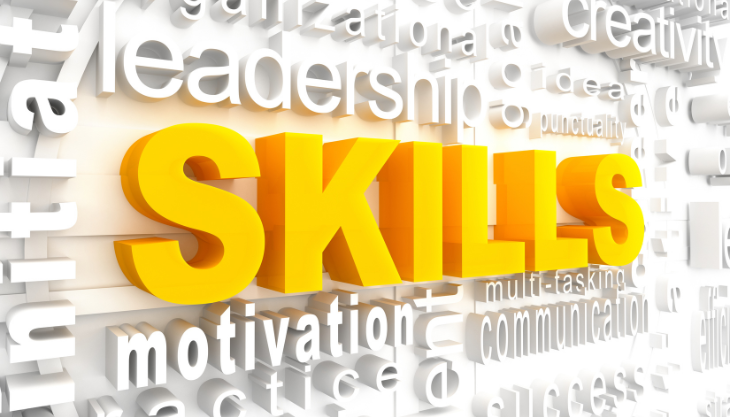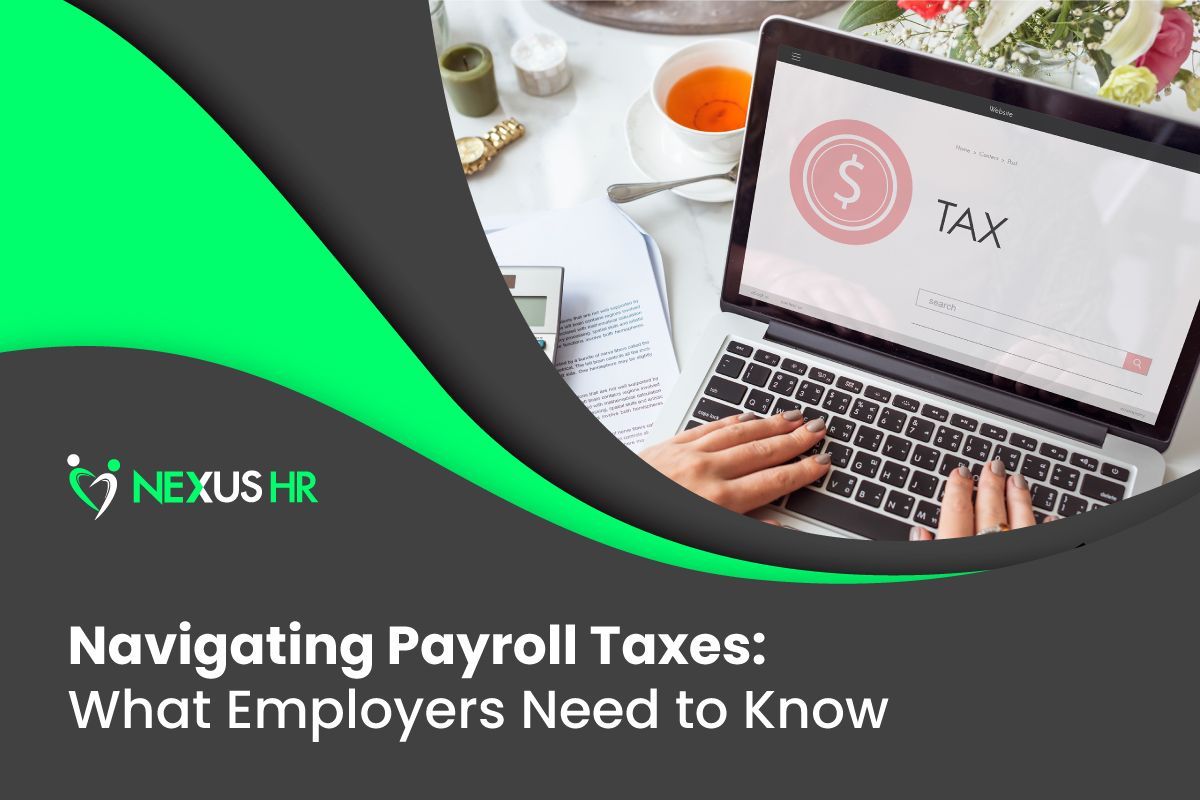What Are Soft Skills, and Why Do They Matter?
If you’re building your team in today’s increasingly competitive job market, hiring people based on raw talent and technical skills is tempting. Unfortunately, it takes more than that to be a high-value employee.
According to LinkedIn’s
2019 Global Talent Trends report, 92% of recruiters and hiring managers say soft skills are just as important—or more important—than hard skills. And 89% of them say that when a hire doesn't work out, it’s usually because of a lack of soft skills.
So what are soft skills? And why are they a crucial factor when hiring new employees?
What Are Soft Skills?

A term first introduced in U.S. army training courses in the 1970s, soft skills referred to interpersonal skills rather than those needed to operate machinery and weapons. A decade later, the business and education sectors started using the term, and its meaning evolved to include several types of widely transferable skills.
Today, soft skills (also known as people skills or core skills) refer to non-technical and non-industry-specific skills that apply to various tasks in different roles and professions.
They enable individuals to build healthy relationships, foster a collaborative work environment, navigate complex situations, adapt to changes, and contribute positively to the workplace. Soft skills play a crucial role in personal and professional success.
In fact, the Society for Human Resource Management (SHRM) reports that 77% of organizations have focused on improving soft skills like empathy, compassion, and communication to meet the current workforce's expectations better.
Read More:
Class of 2023: Understanding Job Market Expectations of Recent Grads
Hard Skills vs. Soft Skills: What’s the Difference?

While very different from each other, hard skills and soft skills are equally crucial for professional success. Hard skills help us perform specific job functions and meet technical requirements, while soft skills allow us to collaborate, communicate, adapt, and grow.
Hard skills refer to specific, measurable, and teachable abilities that one typically acquires through formal education, training programs, or practical experience. They are often technical in nature and relate to a specific field or occupation. Hard skills are tangible and can be easily demonstrated, tested, and taught.
Hard skills include abilities like machinery operation, programming, data analysis, accounting, graphic design, and foreign language proficiency.
On the other hand, soft skills are non-technical skills that relate to an individual's personal attributes, behavior, and attitude. They involve how individuals interact with others and handle various situations. Soft skills are generally more challenging to quantify or measure than hard skills. They are also more abstract and subjective, which makes them relatively harder to teach and develop.
Soft skills include communication, teamwork, leadership, problem-solving, adaptability, empathy, time management, and conflict resolution.
Soft Skills to Look for When Hiring

Many organizations think they only need to consider soft skills when hiring for leadership positions, but managers and leaders aren’t the only ones who need a well-rounded skill set.
Read More:
5 Key Traits of a Good Manager (According to the People They Manage)
When selecting new talent for your company, regardless of the role, you need to look beyond basic experience to ensure the new employee will fit your team well.
If you’re wondering what the most common soft skills among top-performing employees are, here’s a list according to an
employer study by Indeed:
Problem-Solving
Forbes defines problem-solving as having the ability to identify complex challenges and opportunities and being capable of addressing them through alternative solutions.
With problem-solving skills, employees can analyze situations in various contexts, identify the best course of action, and ultimately make informed decisions that get things done effectively and efficiently.
Problem-solving skills include active listening, critical thinking, research, analysis, strategic thinking, and initiative.
Communication
Indeed defines communication skills as abilities a person uses when giving and receiving different kinds of information. While everyone can communicate in one form or another, not everyone can communicate clearly and efficiently.
More than the ability to convey information, effective communication is also about actively listening and understanding the perspectives of others. It encompasses various components, such as verbal and nonverbal communication, empathy, clarity, and adaptability.
Successful communication is a crucial skill in the workplace because it allows team members to express themselves effectively, articulate ideas, provide constructive feedback, and deal with difficult situations or colleagues.
Read More:
5 Types of Difficult Employees and How to Deal with Them
Self-Direction
According to the Center on Transition Innovations, self-direction refers to the ability to take the initiative and look for ways to help and accomplish tasks without being told to by someone else.
Being self-directed means one can set goals, manage time, and work without constant supervision. It involves being proactive, self-motivated, and taking ownership of one's actions and outcomes. Self-motivated and adherent to a strong work ethic, self-directed employees can make independent decisions based on sound judgment and critical thinking.
Self-direction is a soft skill that empowers individuals to take control of their growth and be proactive in achieving their goals. In the workplace, self-direction among employees can bring in more innovative ideas, encourage learning and development, and prevent productivity paranoia.
Read More:
What is Productivity Paranoia & How Is It Hurting Your Business?
Drive
Mental health platform BetterHelp defines drive as the internal push or effort one uses to accomplish long-term goals. It refers to a person’s motivation, determination, and ambition to achieve goals and excel in their endeavors.
According to organizational effectiveness consultant
Jayne Lewis, driven people are generally more successful because they set high goals and don’t give up. They make sacrifices to ensure their job gets done on or before time and meets or exceeds expectations.
Drive involves a strong internal motivation to succeed, a desire for improvement, and the ability to use setbacks as opportunities to move forward. Driven employees are typically ready to take on bigger responsibilities and find ways to contribute beyond their basic job requirements.
Adaptability
According to Indeed, adaptability is the ability to be flexible to changing factors, conditions, or environments. It is adjusting to and thriving in change without creating stress or drama. Adaptability is the ability to bend without breaking.
To be adaptable, one must be open to new ideas, receptive to feedback, and resilient in the face of adversity or change. Adaptability is an especially valuable skill when working on projects and formulating strategies in a fast-paced, rapidly changing work environment.
Developing adaptability as a soft skill among your workforce not only helps drive success and achieve goals, but it also helps your team better cope with stressful situations and avoid mental health challenges.
Read More:
How to Support Your Employees' Mental Health
Spot and Sharpen Your Team’s Soft Skills with Nexus HR

As author, playwright, and journalist Eric Burns said, “Greatness is more than potential. It is the execution of that potential.”
When hiring great people into your organization, you must evaluate job candidates beyond their raw talent and hard skills. They must possess the necessary soft skills to execute their potential.
As a trusted recruitment and HR agency,
Nexus HR understands that it’s a lot easier said than done, which is why we’re here to help you throughout your hiring journey.
We’ve been in the recruiting industry long enough to know that a potential candidate’s former colleagues and bosses are the best people to ask about their soft skills. So we ensure our global team of recruiters asks the right questions to the right people whenever we conduct thorough reference checks.
With our massive network, stringent hiring process, and highly skilled team of recruitment and
HR experts, Nexus HR is ready to help you grow your team to greatness.











